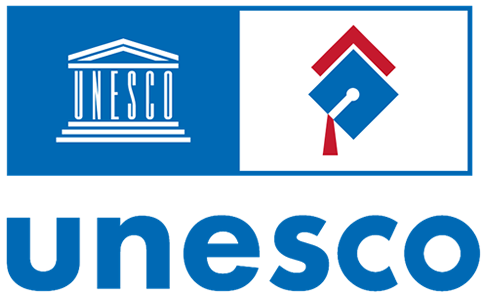Imaginary academics.
Autonomy, academy freedom and social commitment
Abstract
The figure of the socially committed academic has accompanied a long reflection on the limits between university autonomy, academic freedoms of research and teaching, and the links between teaching and research practices with the resolution of relevant social problems. This figure is the socio-institutional representation of an idea of imprecise origins: that of the social and public commitment of university activities with respect to the demands and requirements of their environments. However, representation is the expression of a normative ideal that is translated in very different ways in university contexts and among existing academics. Based on these assumptions, the idea of the existence of an interpretive gap between imaginary academics and real academics is explored. Among the latter, it is possible to identify different types and degrees of academic commitment based on the coexistence of three major reference models: homo academicus, homo sociologicus, and homo politicus. It is proposed that, based on these representations, it is possible to establish a differentiation between three types of committed academics: the “academic-activist”; the “public-academic”, and the “autonomous-academic”.
Copyright (c) 2024 Adrian Acosta Silva

This work is licensed under a Creative Commons Attribution-NonCommercial 4.0 International License.
Copyright notice
Copyright allows the protection of original material, and curbs the use of others' work without permission. UNESCO IESALC adheres to Creative Commons licenses in the open access publication of ESS. Specifically, texts published in this journal are subject to a Creative Commons Attribution-NonCommercial 4.0 International (CC BY-NC 4.0) license: ESS is an open access journal, which means that all content is freely available to the user or their institution. Users may read, download, copy, distribute, print, search or link to the full text of the articles, or use them for any other lawful purpose, without asking prior permission from the publisher or the author, always making sure to cite the author. Commercial use is not permitted. ESS requires authors to accept the Copyright Notice as part of the submission process. Authors retain all rights.
The full license can be found at https://creativecommons.org/licenses/by-nc/4.0/
 Attribution - NonCommercial (CC BY-NC 4.0)
Attribution - NonCommercial (CC BY-NC 4.0)
This journal does not charge authors for the submission or processing of articles. The authors of the contributions will receive acknowledgment of receipt that the work has reached the Editorial Team of the Journal.




.png)
